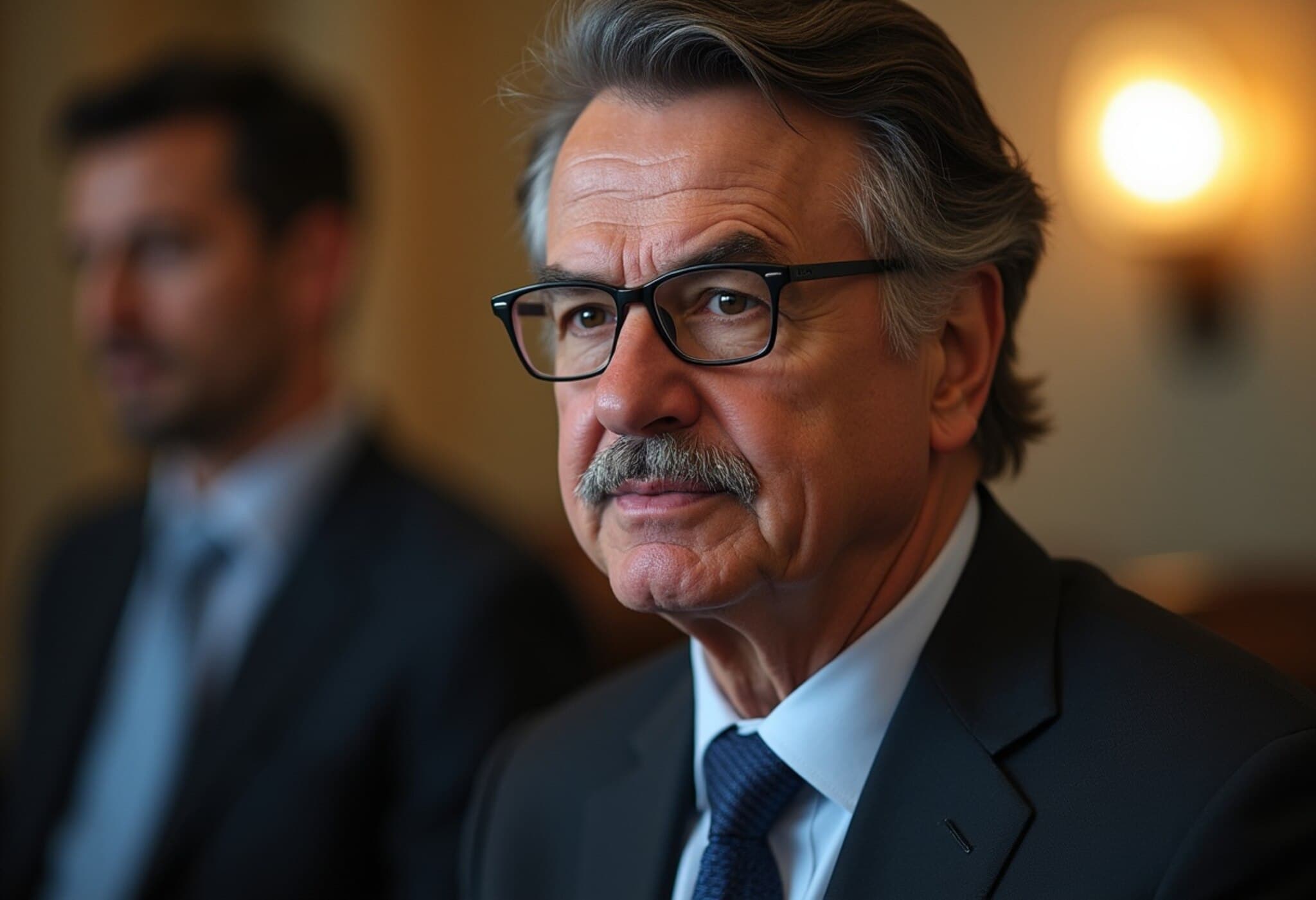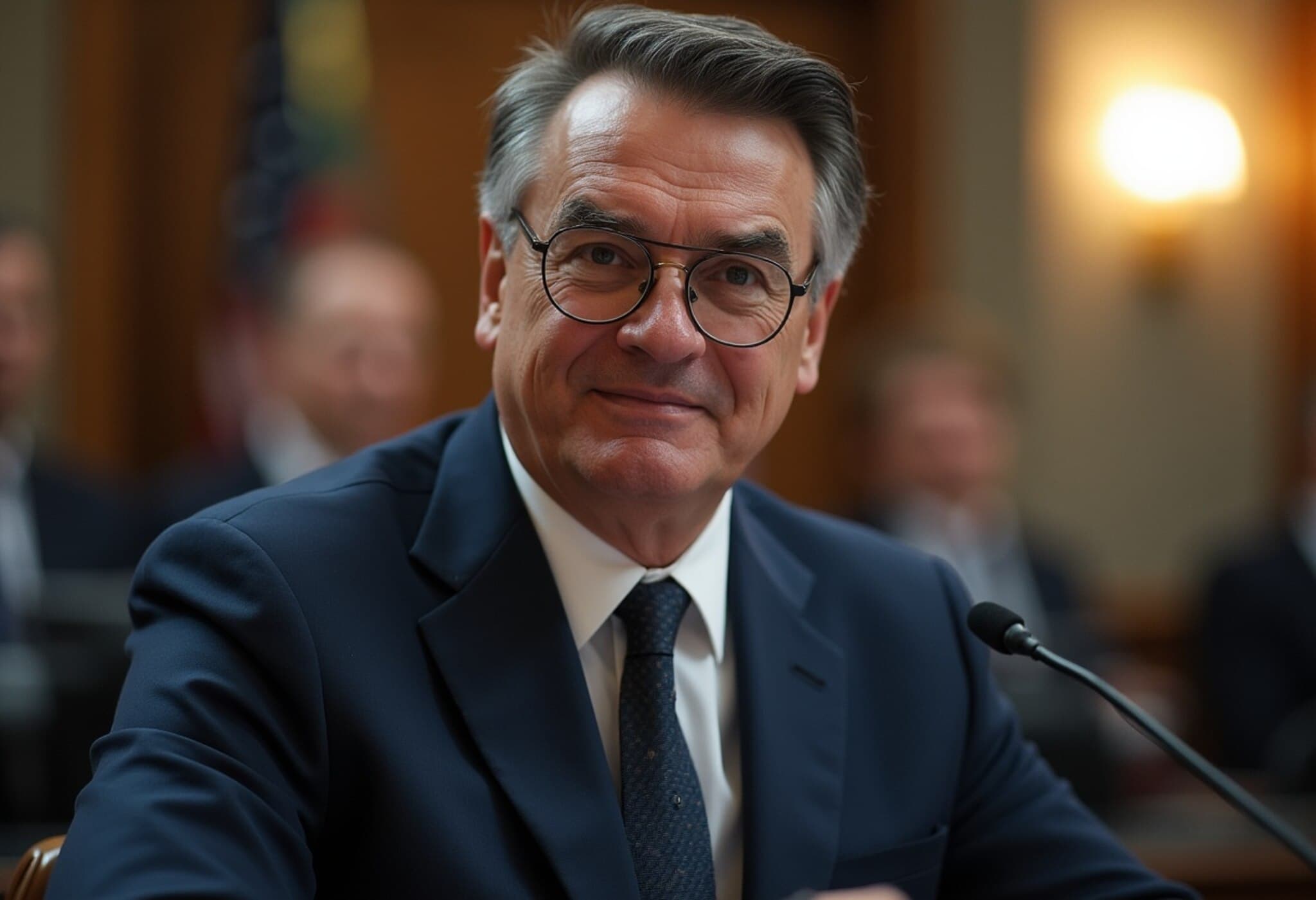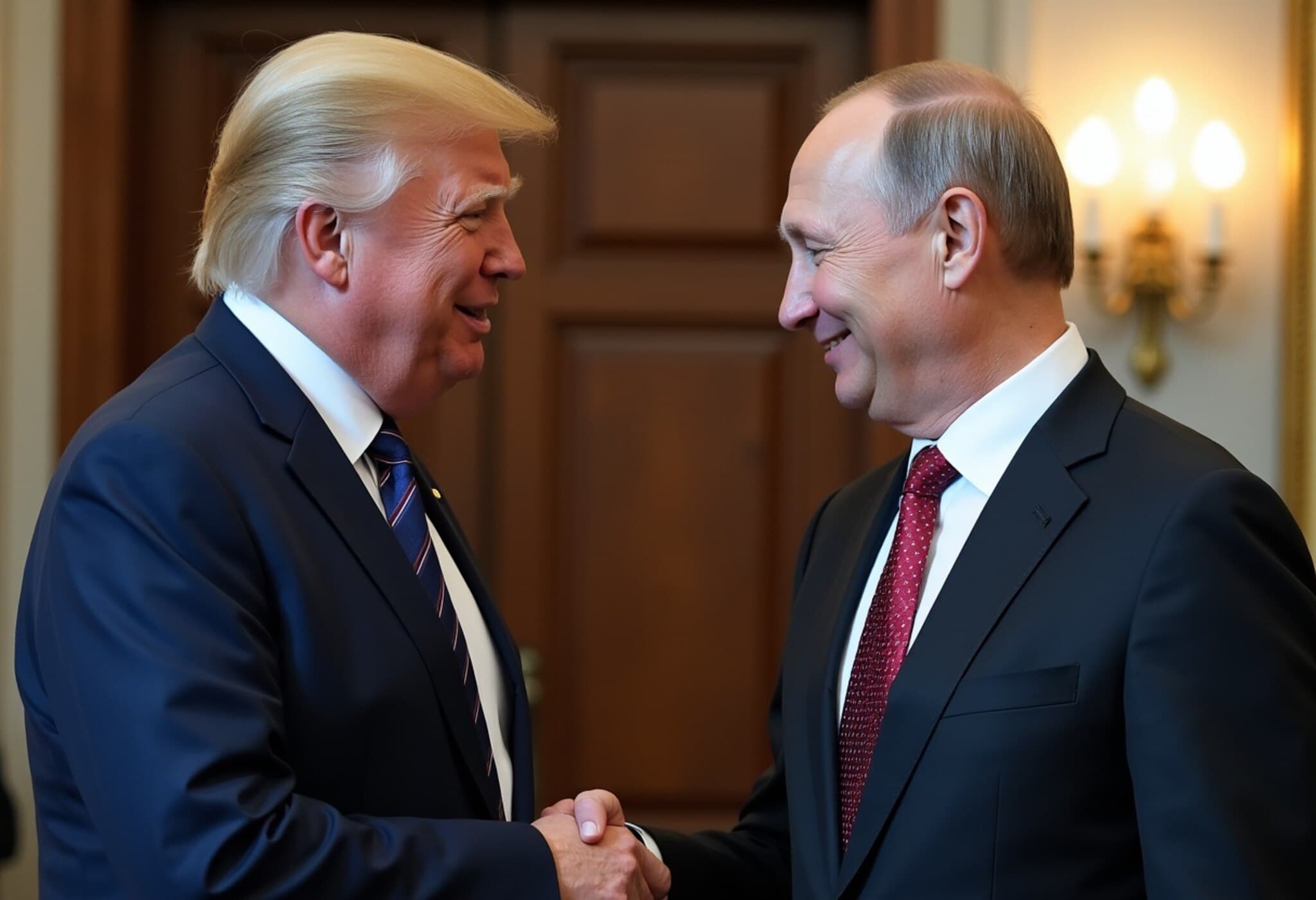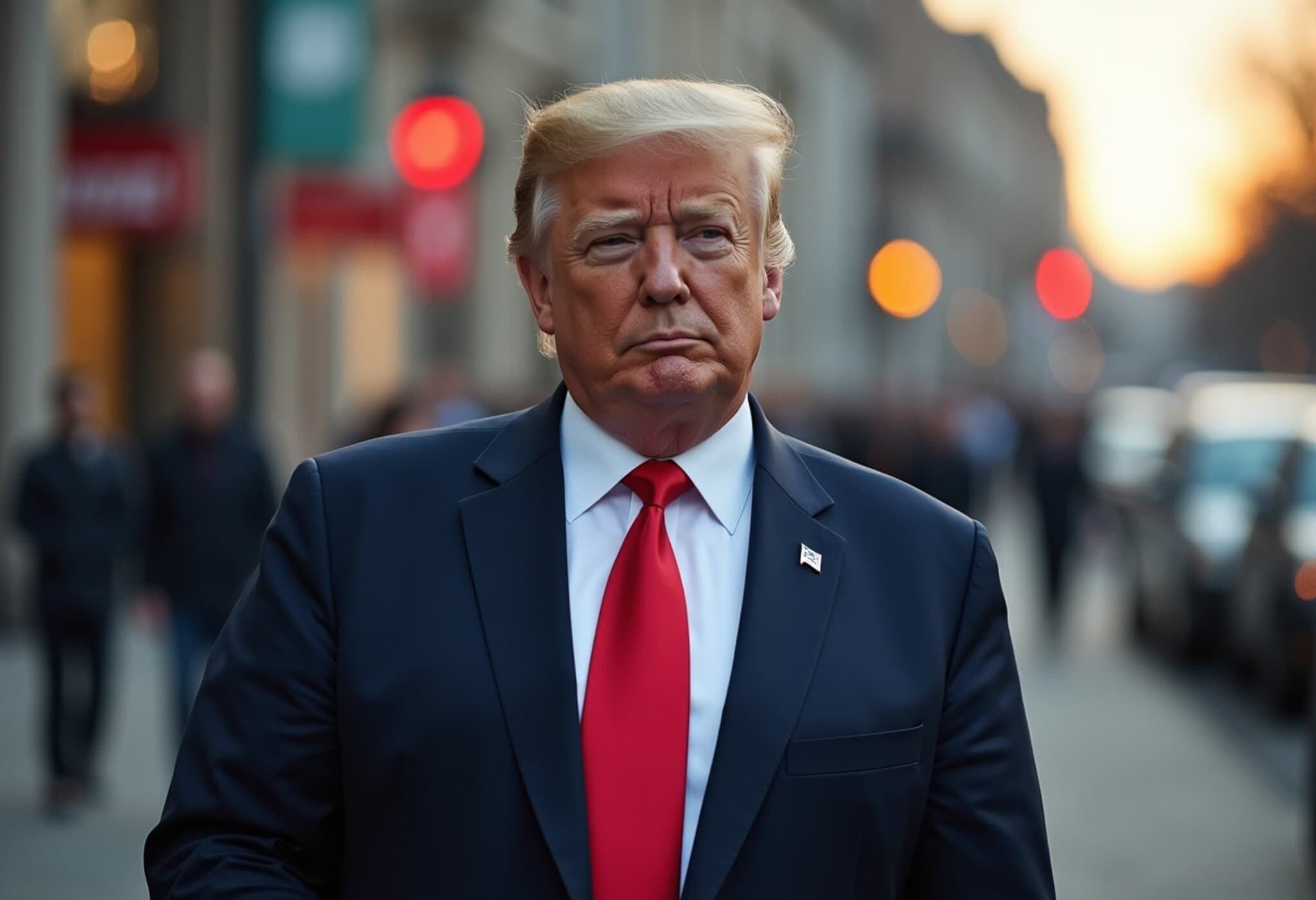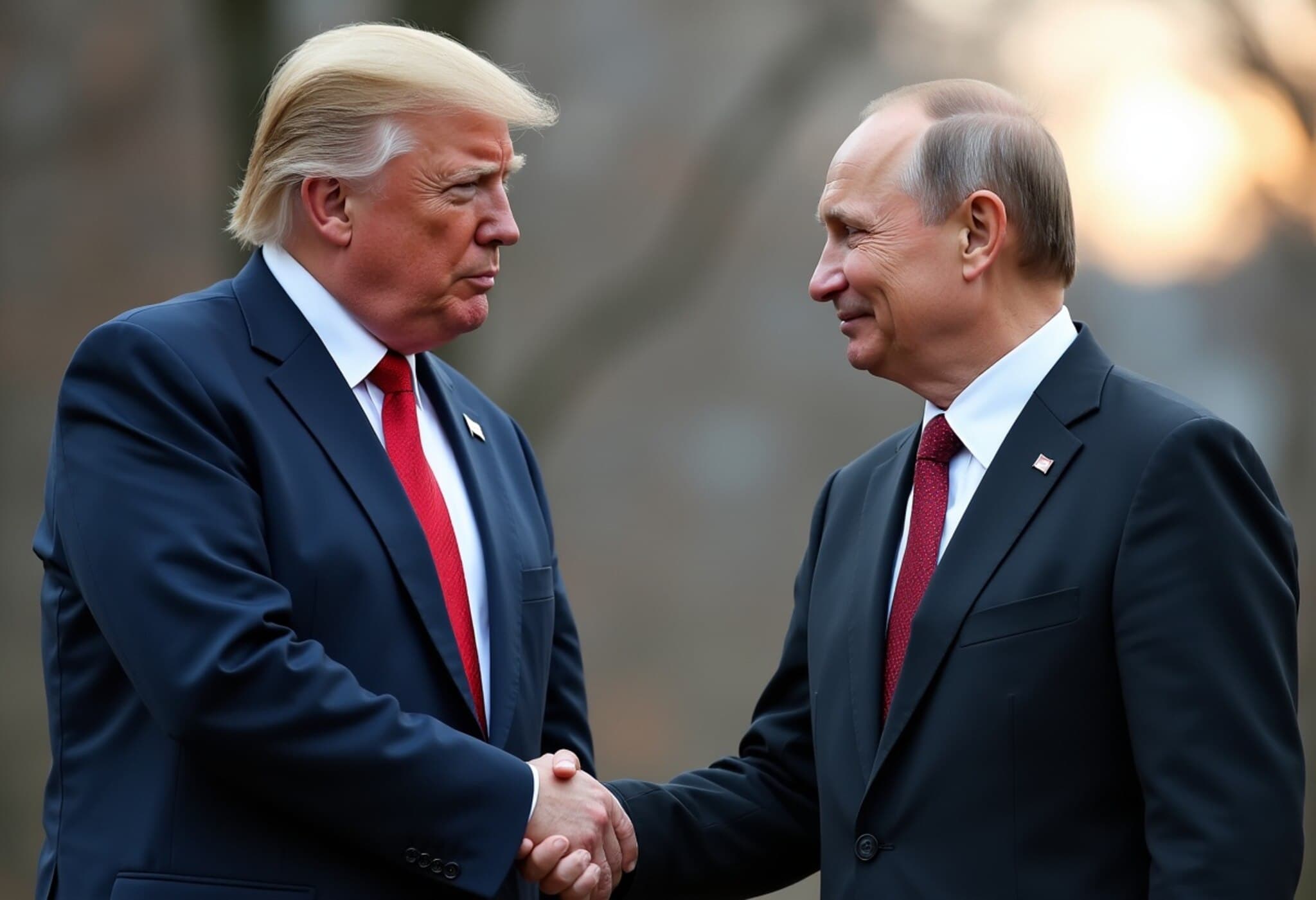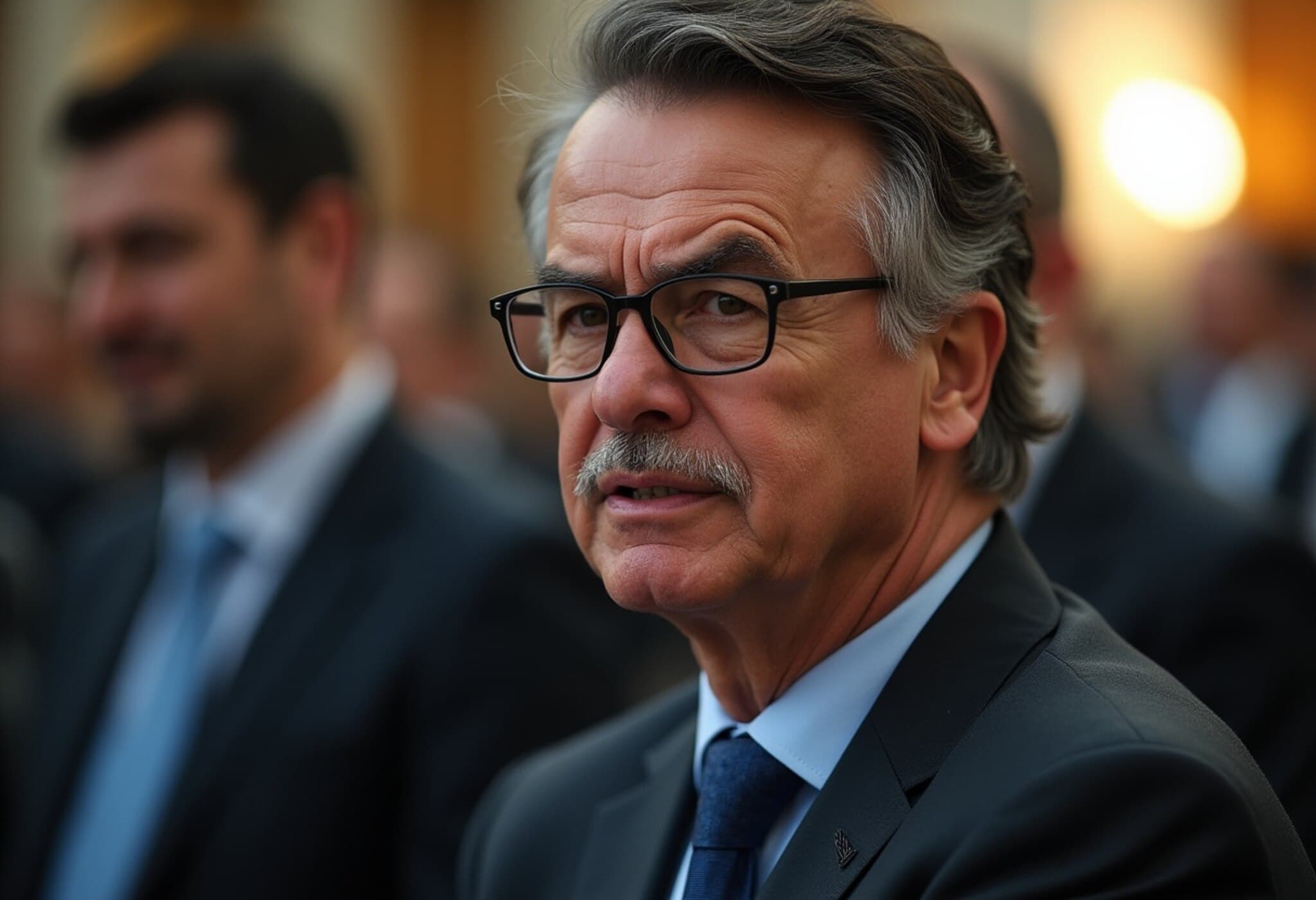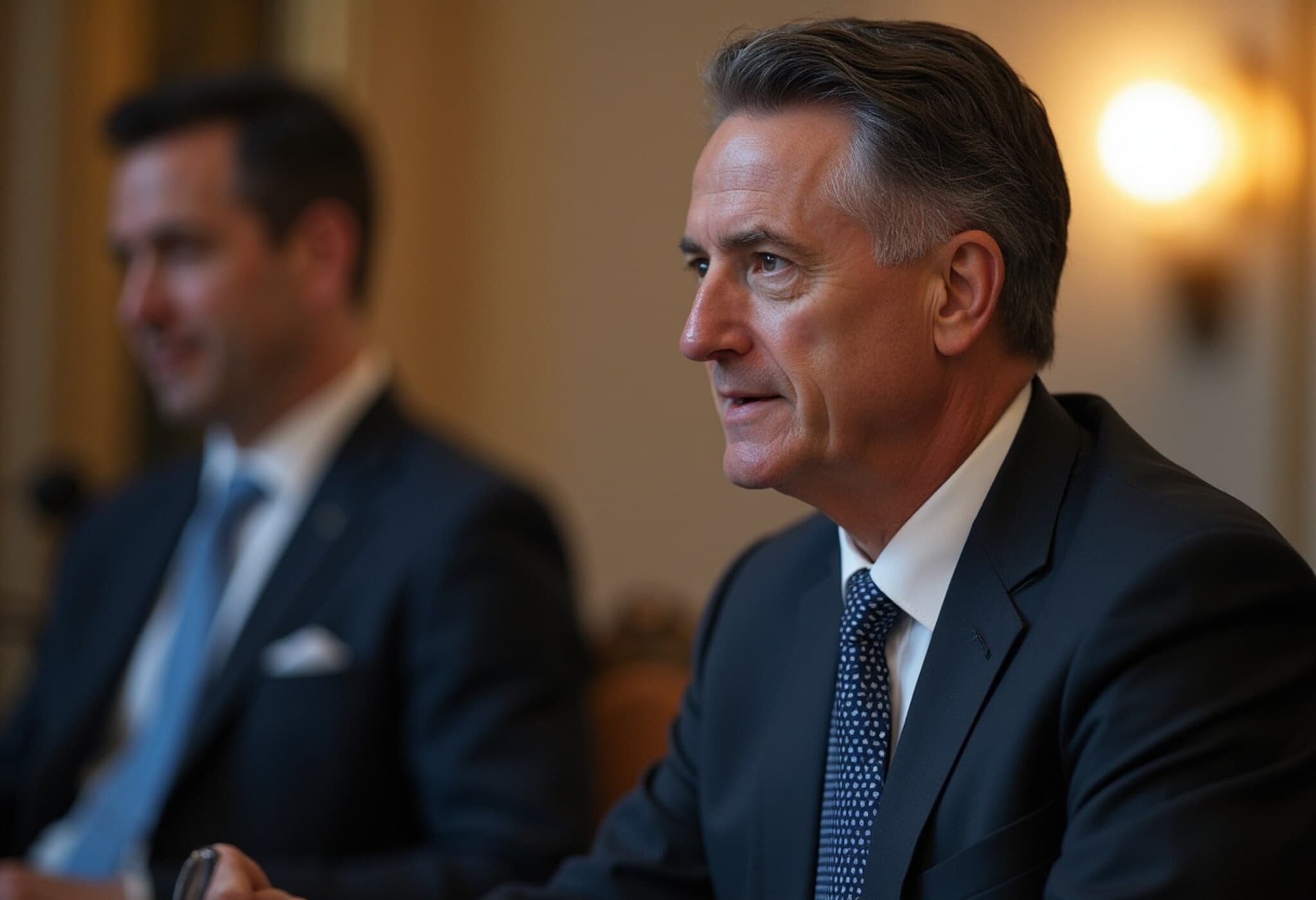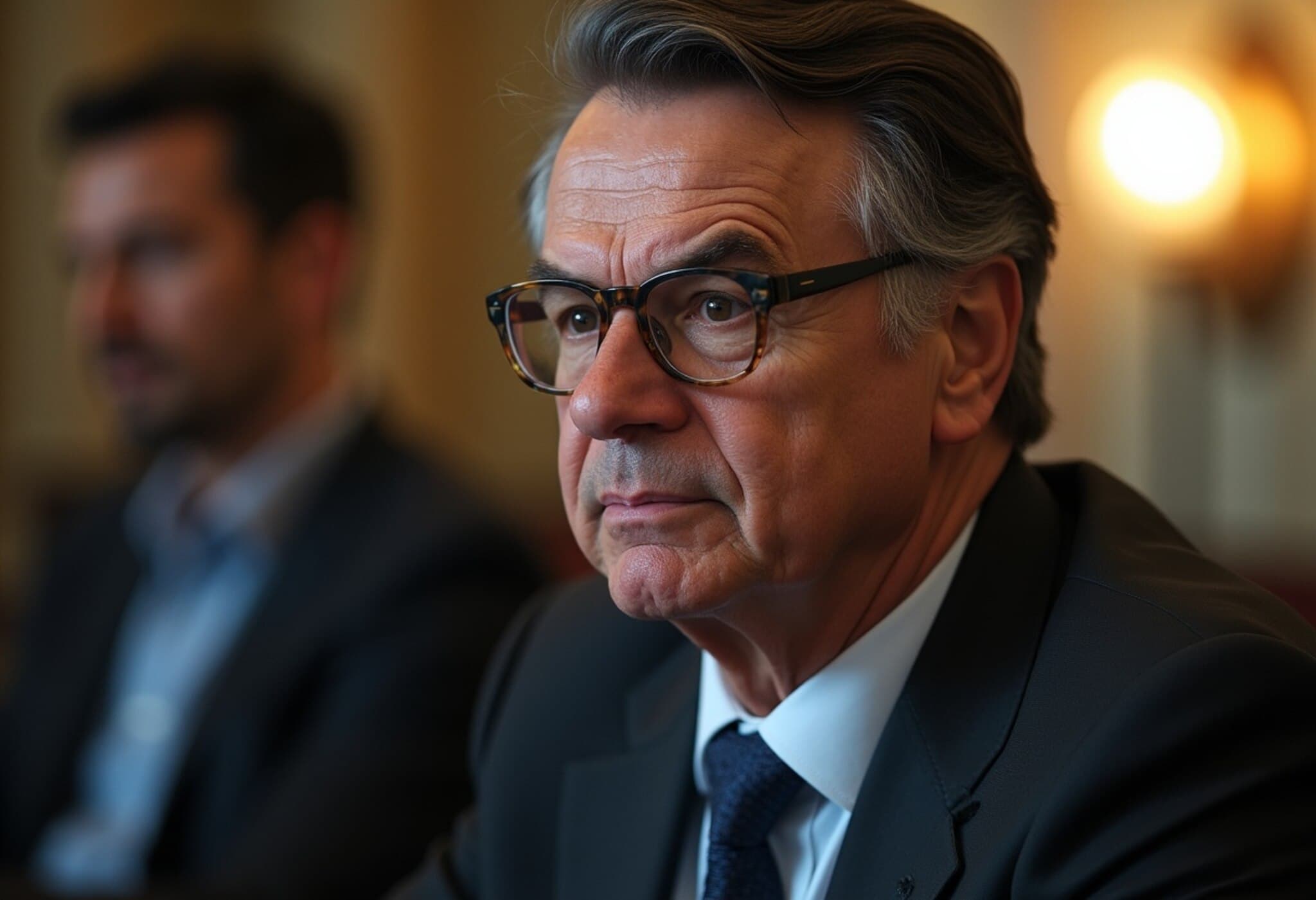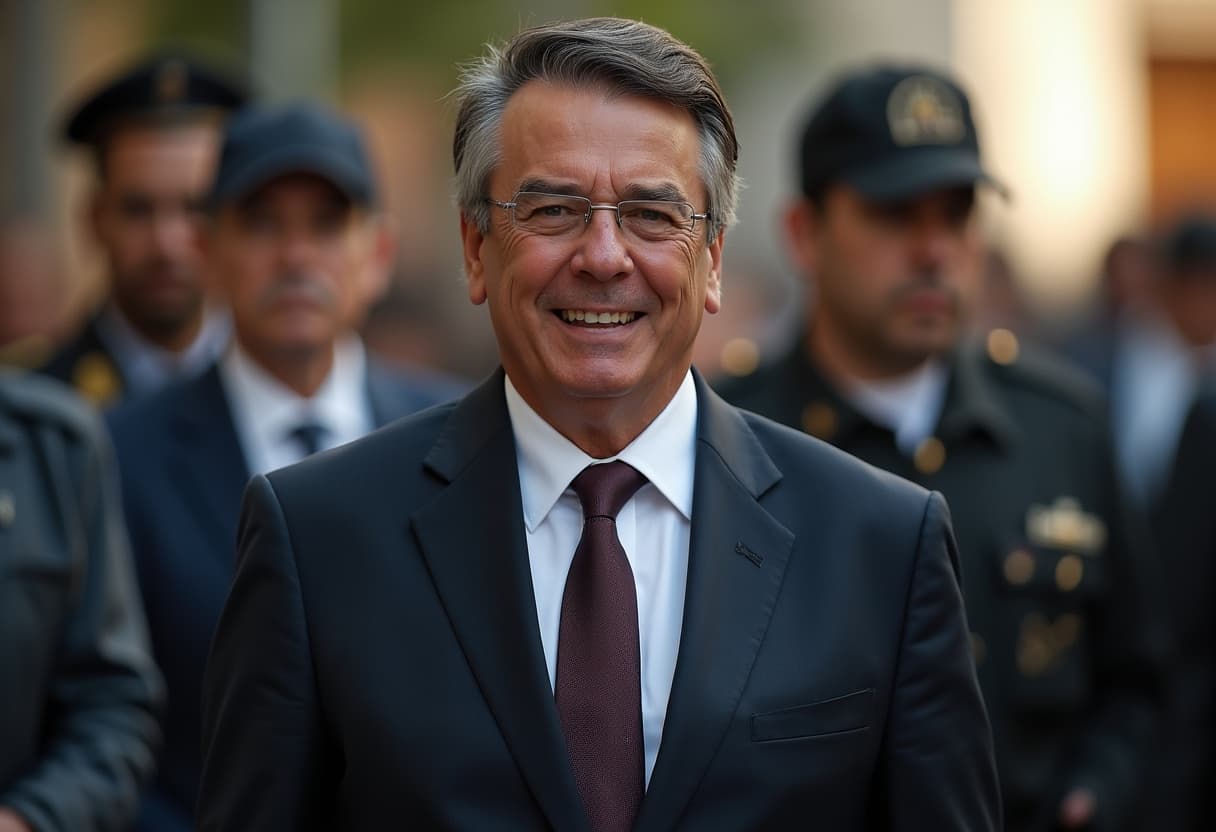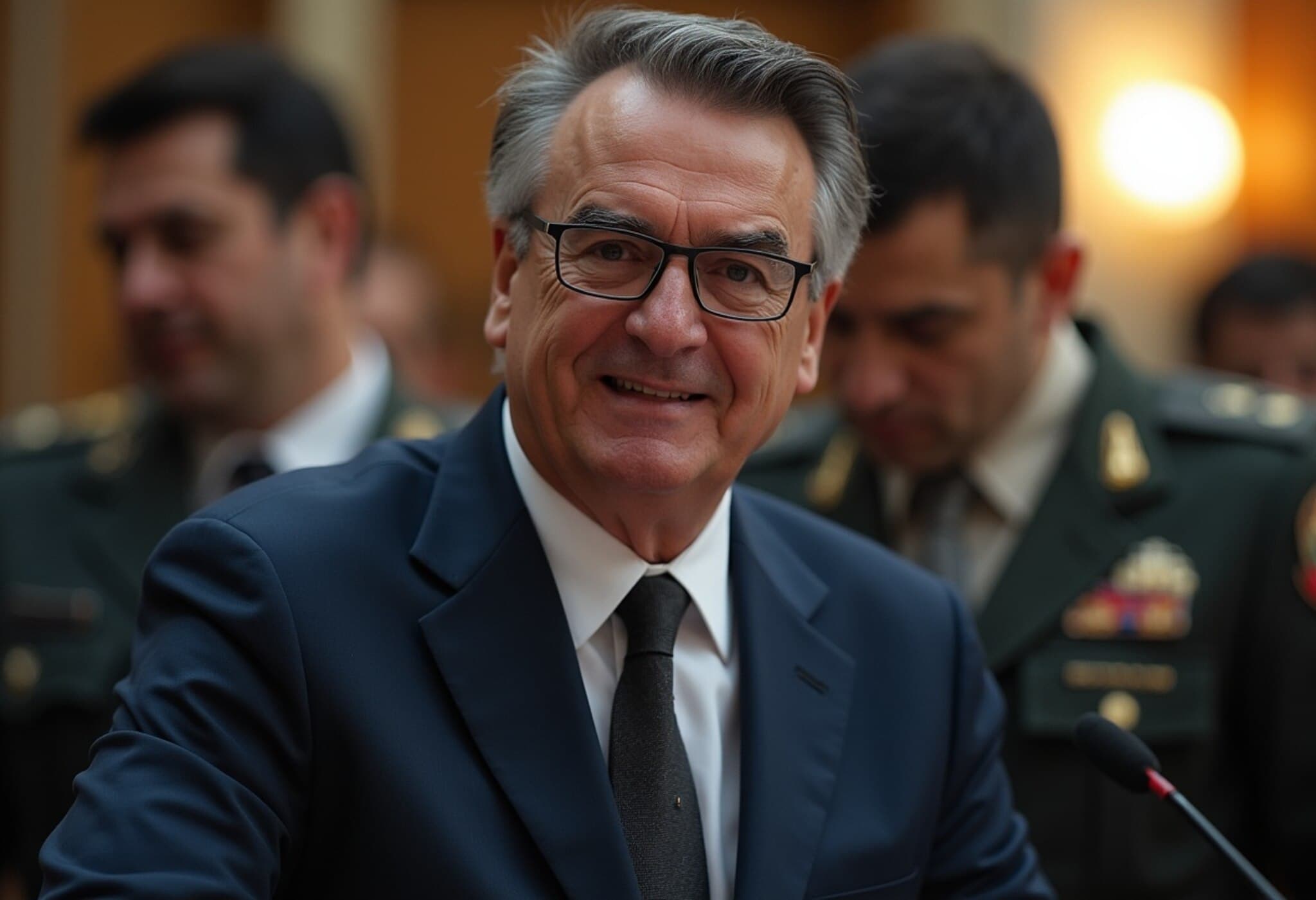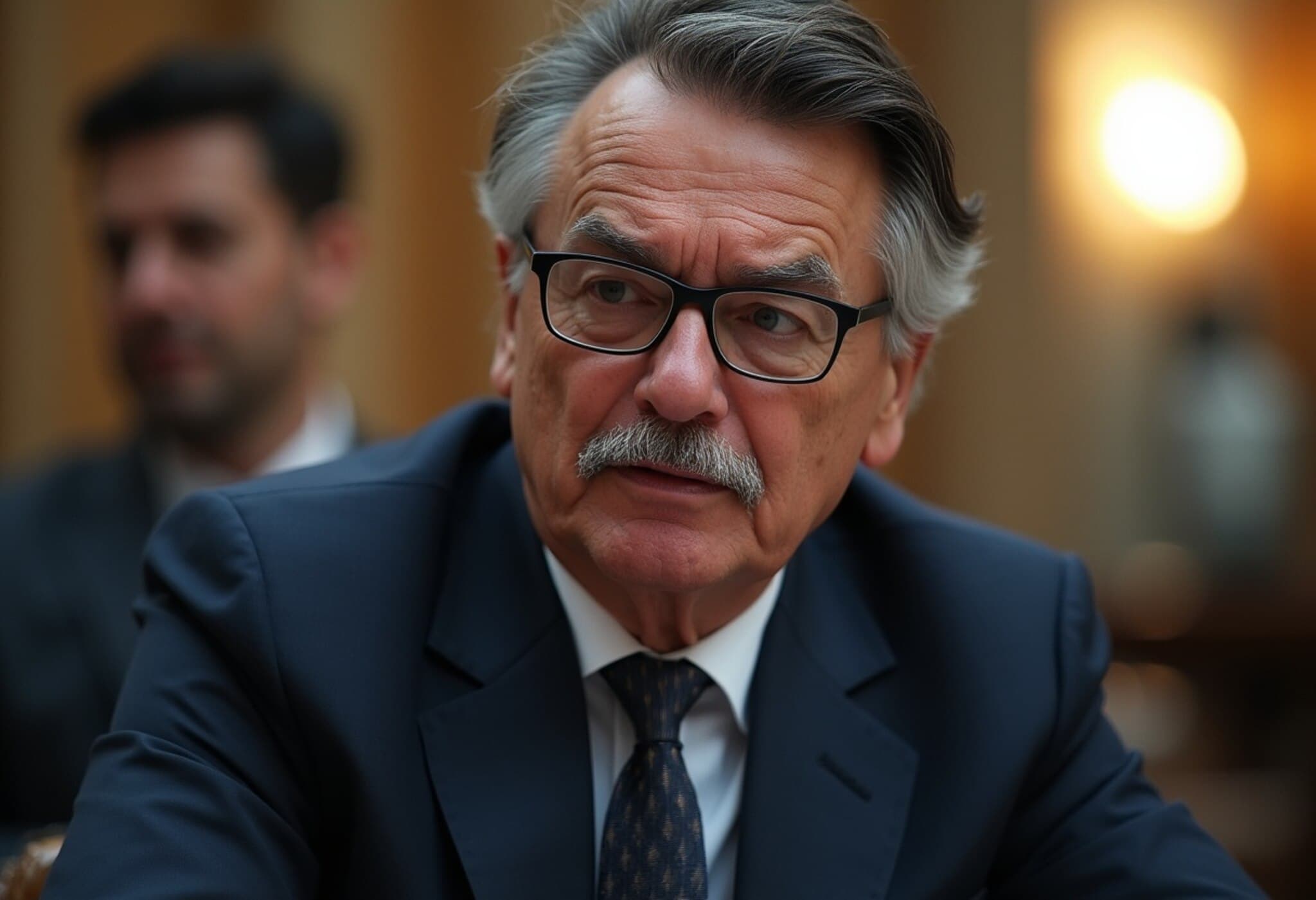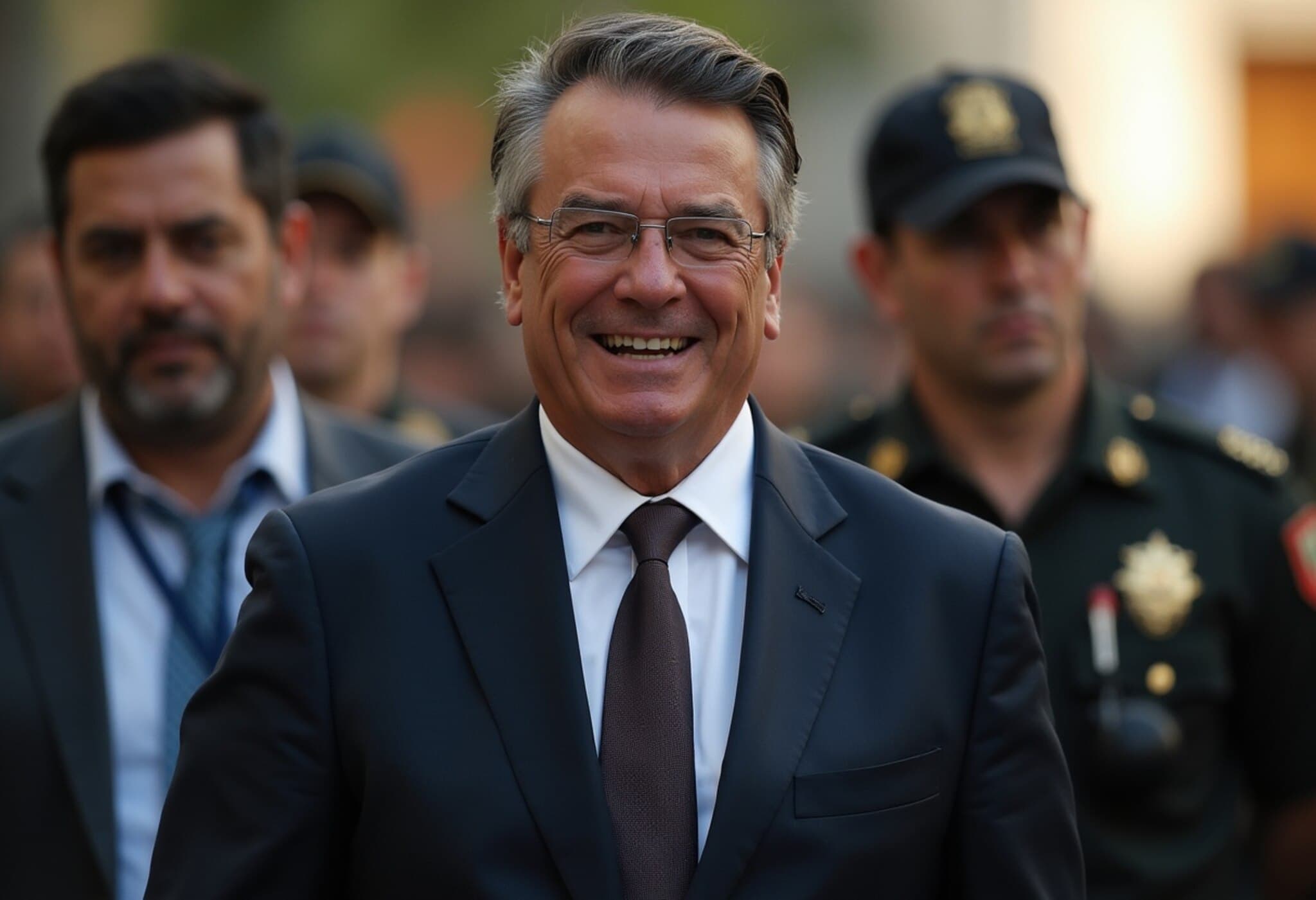Former Brazilian President Jair Bolsonaro Sentenced to Over 27 Years for Coup Plot
In a historic verdict with profound implications for Latin America’s largest democracy, Brazil’s former president, Jair Bolsonaro, was sentenced on September 12, 2025, to 27 years and three months in prison for orchestrating a failed coup attempt following his defeat in the 2022 presidential election. The conviction marks an unprecedented moment as Brazil confronts attempts to subvert its democratic institutions.
The Charges: A Plot to Overturn Democracy
The Supreme Federal Court found Bolsonaro guilty of a conspiracy that allegedly involved plans to overturn the democratic vote, dismantle the judiciary, grant extraordinary powers to the military, and even assassinate the newly elected president, Luiz Inácio Lula da Silva. Despite these grave charges, Bolsonaro has adamantly denied all accusations, decrying the trial as politically motivated and accusing Justice Alexandre de Moraes — who presided over the case — of targeting him and his supporters unfairly. Bolsonaro’s claim reflects deep divisions within Brazil’s political landscape and underscores the contentiousness of the ruling.
Why This Case Is a Milestone in Brazilian Democracy
Brazil’s history is marred by military coups and political upheavals, but until now, no former president has been held accountable for such a direct assault on democratic governance. This verdict sends a powerful message about the judiciary’s willingness to uphold constitutional order, even against a previous head of state. Yet, the path forward remains uncertain, as Bolsonaro retains legal avenues to contest the sentence.
Legal Landscape: Appeals and Possible Outcomes
Under Brazilian law, the conviction by a 4-1 vote from a five-justice panel means Bolsonaro cannot appeal the verdict directly to the full 11-member Supreme Court. Nevertheless, his legal team vows to pursue multiple appeals at both national and international levels, denouncing the sentence as “absurdly excessive and disproportionate.” This legal strategy includes filing motions that could mitigate the length or conditions of his sentence.
The dissenting justice’s concern over the limited panel jurisdiction might provide a narrow technical foothold for appeals based on procedural grounds. Still, the court’s track record suggests the conviction will likely stand. Experts highlight that political and judicial stability is at stake, and the judiciary seems committed to defending democratic norms.
Will Bolsonaro Serve Time Behind Bars?
Although sentenced to a lengthy prison term, it is improbable that Bolsonaro will spend years confined behind bars. Currently under house arrest with an ankle monitor, Bolsonaro’s health—affected by complications from a COVID-19 infection during his 2018 campaign—is cited by his lawyers as grounds for requesting home detention. This parallels recent precedents in Brazil: former president Lula, once imprisoned on corruption charges, had his conviction overturned due to judicial bias after 580 days behind bars. Additionally, ex-president Fernando Collor serves his sentence at home owing to health concerns.
Ripping Apart Diplomatic Threads: How the Verdict Strains US-Brazil Relations
The political reverberations extend beyond Brazil’s borders. Former US President Donald Trump, a known Bolsonaro ally, vigorously opposed the prosecution, applying tariffs and sanctions on Brazil in an effort to pressure authorities to drop the case. These trade measures, despite causing disruptions and raising prices on American consumers for key Brazilian exports like coffee and iron ore, underscore growing tensions between two major democracies.
Post-verdict statements from Trump and current US Secretary of State Marco Rubio framed Bolsonaro’s conviction as political persecution and vowed retaliatory measures. Rubio’s description of the trial as a “witch hunt” and threats of further sanctions against Brazil's judiciary and financial institutions amplify the risk of escalating bilateral conflict.
In response, President Lula emphasized Brazil’s sovereignty and readiness to counteract external interference. His administration is actively diversifying trade partnerships, strengthening ties with countries including India, Mexico, and China, as a safeguard against economic fallout from US actions.
Expert Insight: The Balancing Act Ahead
From a policy perspective, the Bolsonaro conviction and ensuing diplomatic friction raise critical questions about the future of democracy in emerging economies and the role of international actors in domestic politics. As Brazil asserts judicial independence, it also navigates geopolitics where economic interests and ideological affinities collide.
For analysts, the case exemplifies the complexities when democracies reckon with leaders who challenge institutional boundaries. It also highlights the precariousness of democratic norms in an era dominated by political polarization and populism.
Looking Forward: What’s Next for Brazil?
- Legal challenges: Bolsonaro’s legal team is expected to file appeals within days, potentially delaying final enforcement of the sentence.
- Political stability: The verdict could deepen societal divisions or serve as a turning point toward democratic consolidation.
- Economic partnerships: Brazil’s pivot toward diversified global relationships signals a strategic shift away from dependence on US ties amid growing tensions.
- US-Brazil relations: The diplomatic rift could affect trade, security cooperation, and regional geopolitics in Latin America.
Editor’s Note
This landmark ruling against Jair Bolsonaro is as much a test of Brazil’s judicial independence as it is a defining moment for democratic resilience globally. While Bolsonaro’s conviction reflects accountability for anti-democratic behavior, it also exposes polarizing fault lines both within Brazil and in its international relationships. Observers should watch closely how legal appeals, domestic politics, and foreign diplomacy unfold. Will this decision fortify democratic norms, or will it exacerbate instability? And beyond Brazil, what lessons does this hold for nations grappling with political polarization and challenges to constitutional order?
As the story develops, the broader question emerges: how do democracies safeguard themselves from internal threats without descending into retaliatory political witch hunts? Brazil’s unfolding experience offers a profound and instructive case for the world.

